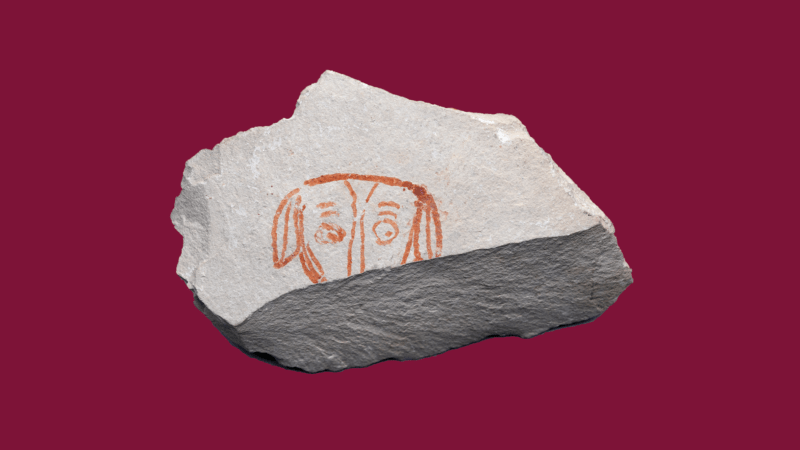Listen:
stands outside the dismantled city
A forest of buildings falls down
inside him. When he sleeps
he dreams of forests, but awake
he can’t remember leaves
or the soft sound
that floated down from above
preceding the beneficial
manifestation of food.
Or who it was
who was always
with him.
The last dog in the world
is afraid to regard his tail.
Can’t smell the earth anymore
since all scents left by other
have evaporated. And all
others have evaporated.
For these reasons it’s difficult
for the last dog
to travel anywhere.
Instead he curls up in the corner
of a former gas station, under a pile
of leaflets declaring the End
of the World. Or under the other
leaflets arguing that
The World Will Go On, the world
will always go on. The first
pile of leaflets, apparently,
has won. But the dog doesn’t
know this. What’s paper to him, anyway?
What are days? Just him and
the left-over spiders.
Him and the rusted hinges
and oil refineries and cars stopped
in their tracks on the empty
highways.
How long can a last dog
live like this? The world goes
on and on.
